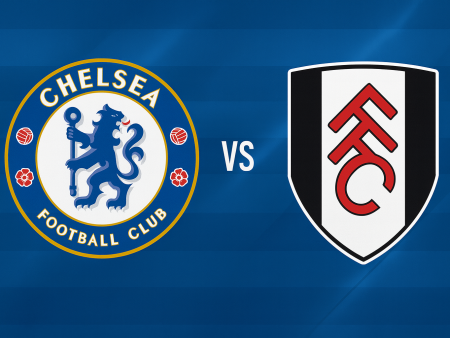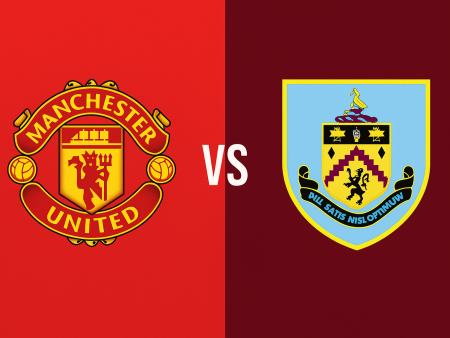West Ham United's Europa League Exit: A Setback or Strategic Relief?
West Ham United's narrow elimination from the 2016-17 UEFA Europa League qualifying rounds may not have dominated headlines on August 25th, 2016, but it marked a pivotal moment in the club's trajectory. While most eyes were focused on Cristiano Ronaldo claiming the UEFA Best Player in Europe award, Manchester City's signing of Claudio Bravo, and the Champions League draw, West Ham's ambitions rested on the outcome of their clash with Astra Giurgiu. Despite their strong domestic season in 2015-16, the Hammers fell short, losing 2-1 on aggregate after a home defeat. As the dust settles, there’s a debate as to whether missing out on Europe was a genuine loss-or, perhaps, a blessing in disguise.
The Aftermath of Another Early European Exit
For the second consecutive year, West Ham found themselves knocked out by Romanian underdogs Astra Giurgiu, highlighting the team’s struggles on the continental stage. The disappointment was palpable, especially following a successful Premier League campaign that had raised aspirations for European football. Despite new recruits like Arthur Masuaku, Gökhan Töre, and André Ayew, the club’s squad depth remained a concern when compared to seasoned Europa League teams like Sevilla and Villarreal. While West Ham’s aggressive and physical playing style had unsettled domestic opposition, the tactical acumen required for prolonged European runs seemed a step too far for the London side at this stage of their development.
The Demands of European Competition
Navigating both domestic and European competitions is a formidable challenge for clubs still establishing themselves. Playing high-stakes matches on both Thursdays and Sundays stretches any squad thin, often leading to fatigue and inconsistent league form. The Hammers themselves had started their Premier League season sluggishly, narrowly losing to Chelsea and requiring a late winner from Michail Antonio to edge past Bournemouth. This pattern is not unique to West Ham-Everton, for instance, reached the Europa League Round of 16 in 2014-15 but slipped to an 11th-place league finish. Southampton, too, experienced early-season struggles when balancing European qualifiers with Premier League duties. These examples underline the potential trade-offs involved for clubs with aspirations of breaking into the Premier League’s top four.
Shifting Focus to Domestic Ambitions
Without the distractions and demands of European football, West Ham are now positioned to concentrate fully on domestic competitions such as the Premier League and the FA Cup. This singular focus could offer tangible benefits, including reduced injury risk, increased preparation time, and the ability to field stronger squads in crucial league matches. With expectations high following their twelfth-place finish under Sam Allardyce and subsequent improvements under Slaven Bilic, the club now has an opportunity to build on its momentum and target a Champions League spot for the following season.
Impact on Recruitment and Club Profile
Missing out on Europa League participation might affect West Ham’s appeal to some transfer targets-players like Alexandre Lacazette may understandably prioritize clubs in European competition. However, the club has still managed to attract players with continental pedigree, such as Arthur Masuaku and Havard Nordtveit. The Hammers’ recent progress, new stadium, and ambitious outlook continue to make them an attractive destination for talent seeking Premier League exposure and the prospect of future European campaigns.
Conclusion: A Blessing in Disguise for the Hammers?
While West Ham’s premature Europa League exit initially appeared to be a setback, the long-term implications may benefit the club’s pursuit of sustained domestic success. By avoiding the pitfalls that have derailed other teams with stretched resources, the Hammers can focus on climbing the Premier League table and laying the groundwork for a successful campaign next season. For West Ham supporters and staff alike, this stumble may provide the very breathing room needed for the club’s next leap forward.













